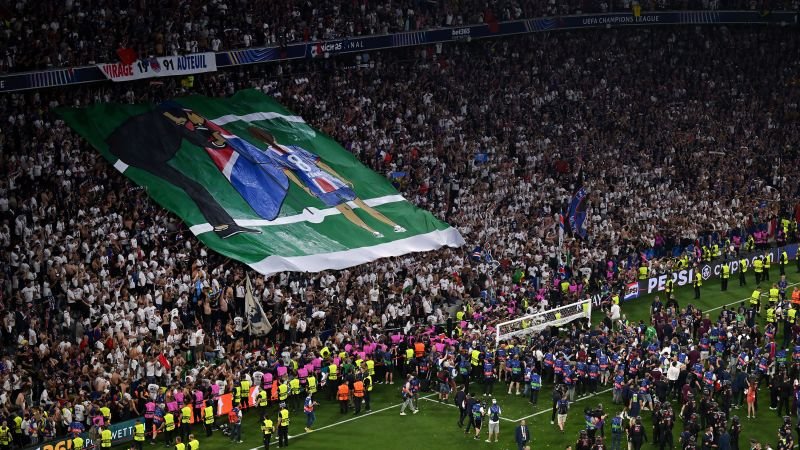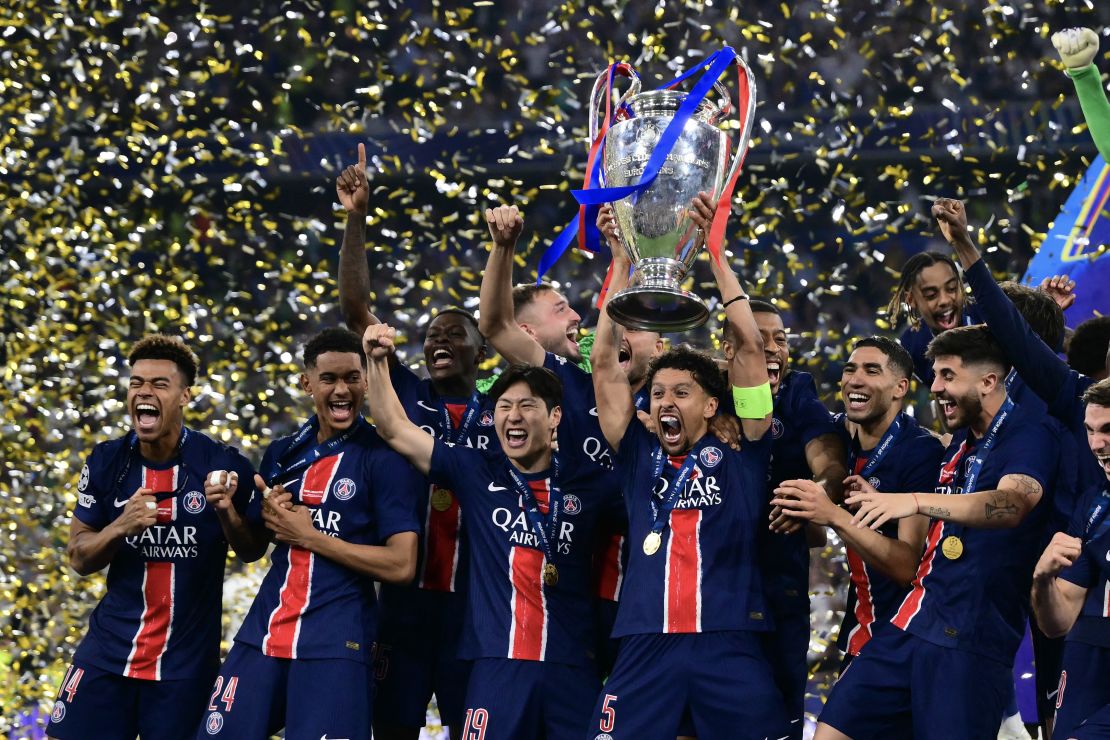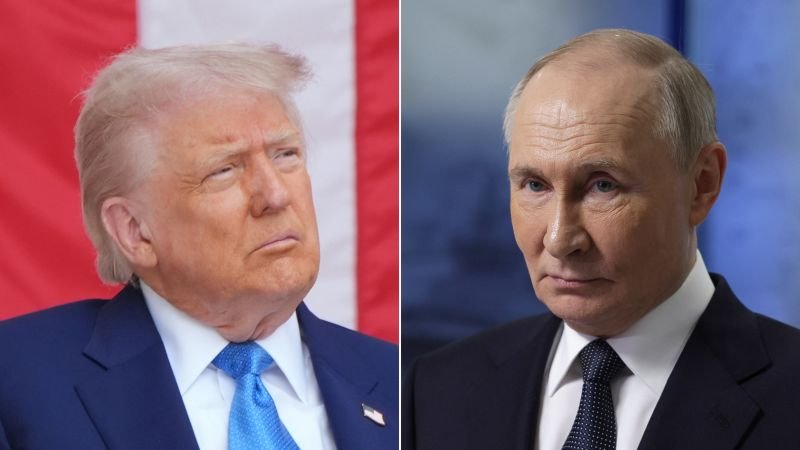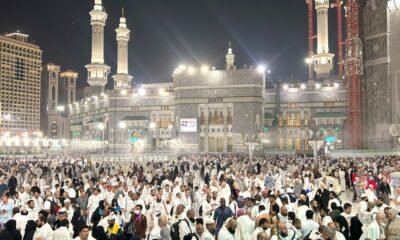Kyiv, Ukraine
CNN
—
It’s a proposal that the Kremlin can neither reject nor accept, but one that may force it into an awkward choice, revealing Russian President Vladimir Putin’s true appetite for his brutal war of choice.
Europe’s leaders have grasped the nettle of whether peace talks over Ukraine can lead anywhere meaningful, to force Moscow into a pause in violence, precisely when it seems to seek to escalate assaults in the summer months ahead.
It also gives Europe’s largest army – Ukraine – just over 30 hours to prepare their frontline forces for perhaps a month of tense peace, and then hopefully weeks of serious negotiation, in which the borders of their country will be decided.
Ultimately, Ukraine, France, the United Kingdom, Germany and Poland faced little choice: the Trump administration’s very public loss of patience – sometimes with Moscow, but also less justifiably with Kyiv – carried the risk of the White House simply “moving on.” That could lead to the United States dropping aid to Ukraine, together with their efforts for a peaceful solution – a potential disaster for European security.
The past week’s clear enormous diplomatic lifting by French President Emmanuel Macron, UK Prime Minister Keir Starmer, and of course Ukrainian President Volodymyr Zelensky himself, has put the White House in a position where it has had to back a direct European bid to take control of the outcome of the biggest war on the continent since the 1940s.
Europe is indeed forcing on Russia a proposal initially made by the US and Ukraine – the 30-day unconditional ceasefire first offered after a bilateral meeting in Saudi Arabia almost two months ago. But they are also forcing the White House to step up, monitor the truce, and then back tough consequences – Macron called them “massive sanctions” – if the initiative falls apart.

Now the Kremlin’s previous answer of “we need to talk about the nuances” is not enough. It needs to agree, dispute, or ignore the proposal. It is likely it will, as we have seen in the past, contrive a complex fudge of a response.
Russia might agree to the pause, but then engineer a spike in violence it can accuse the Ukrainians of initiating. Or to dispute certain elements of the proposal – for instance, fighting back only against Ukrainian forces inside Russia’s Kursk or Belgorod regions – causing the White House to question whether they should angrily reject the Kremlin’s partial adherence to the truce. Moscow might choose to entirely ignore the proposal, and deploy their magical card of a Trump-Putin phone call to reshuffle the deck from which they’ve been dealt a difficult hand.
This is the most significant diplomatic moment of the war, perhaps the most important declaration of the conflict yet, and certainly the most important 36 hours since Putin faced a rebellion from his top aide Yevgeny Prigozhin in June 2023. Time is a serious problem: something that has to last 30 days must be built in 30 hours.
Gigantic questions remain for Ukraine and its allies as to how this ceasefire comes into effect. Can Kyiv order its forces to not fight back in self-defense? If the US is to monitor the truce, as Macron suggested, does it have the capabilities in place, in adequate quality and quantity, to study hundreds of miles of violent frontlines? Precise evidence of Moscow’s infractions will be key to helping Ukraine and Europe respond to the inevitable wave of Russian misinformation and recrimination that may accompany a truce.
The cost for Kyiv and Europe of the next month could be significant. Ukraine could lose ground as its troops soften their responses to Russian assaults during a ceasefire. The White House might emerge from the process and again swing back on its pendulum to a place where it believes Zelensky is the problem. Europe’s unity – on display remarkably today in Kyiv, and backed by over a dozen other countries from New Zealand to Canada – can only worsen from its current peak, especially if American support for Ukraine ebbs.
But the cost of doing nothing – as was the case in the Europe of the 1930s – was higher. Trump losing patience with perhaps the most complex item on his portfolio would likely be damaging for Kyiv, more than for Moscow. Putin having another two months to pick away at Kyiv’s frontlines would leave Zelensky facing another ghastly winter.

Ukraine and its European allies seek clarity from this proposal on whether Putin wants any kind of peace at all. The path they have chosen to get there is in itself unclear, and deeply fraught with potholes of Putin’s manipulation.
Listening to the heads of Europe’s five largest militaries in Kyiv Saturday, it appeared most had made their mind up that Putin does not want peace and won’t genuinely contemplate a month of it. These five leaders face a tricky few weeks of establishing that fact, and then the messy persuasion of Trump that he must take an even tougher position on Russia than his predecessor, Joe Biden.
The path ahead that Europe’s leaders appear to envisage is of a worsening of the war – where Putin violates a ceasefire, is hit with “massive sanctions,” and Europe must escalate its military backing for Ukraine. They do not appear to think the Kremlin wants the war to stop. The weeks ahead are designed, it seems, for a future in which they must prove to Trump he is being misled, and drag his White House permanently and irrefutably into their camp.


























